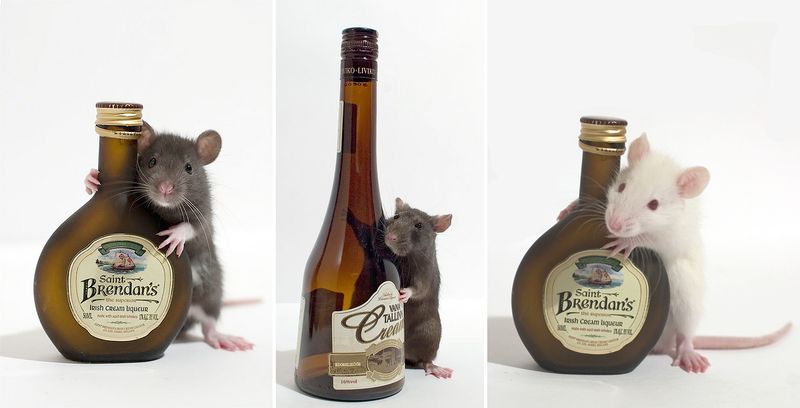I’m sure at one point or another, most people have gone out to a bar or a house party, lost track of time and realized “Shoot, my 8am class starts in a couple hours” or “I’ll get fired if I show up to work with a hangover again”. Wouldn’t it be nice if you could just take a pill and sober up almost immediately and hangover free?
A variety of oriental raisin tree has been the basis of a hangover cure for 500 years. Scientists have recently extracted a chemical from this tree called dihydromyricetin (DHM) which was tested on drunken rats with interesting results. The lead researcher, Jin Liang, claims “DHM will reduce the degree of drunkenness for the amount of alcohol drunk and will definitely reduce the hangover symptoms, in time it will reduce [an alcoholic’s] desire for alcohol”.
The effects of DHM have yet to be tested on humans, but when tested on rats, there were positive results. Liang found that a dose of DHM helped an intoxicated rat’s coordination return over 10 times faster than without it. When the rats had hangovers induced by alcohol injections, they were found to hide in the corners or a maze. Within minutes of being given a dose of DHM the rats were curiously exploring the maze as if they never had a hangover.
Photo Source: beachpackagingdesign.com
With a pill that causes sobriety, it is logical that alcoholics are a target audience for this drug. Over a span of three months, rats were injected with alcohol and were given a choice between sweetened water or a sweetened alcohol solution. At the end of this period, it was noted that the rats treated with DHM drank 75% less of the alcohol solution than the rats without treatment did.
This chemical seems to be the cure for drunkenness, hangovers and alcoholism, but it isn’t the first alcohol antidote that has been discovered. Several years ago a similar compound called Ro15-4513 was created. Many believed this was the cure for alcoholism, but complications including a short half life (meaning many doses would be required for complete sobriety) as well as negative side effects in the case of an overdose, caused the development of Ro15-4513 to be deserted.
As useful as this drug would be to use from time to time, there would still be legal issues for some uses of it as DHM blocks the effects of alcohol but it would still remain in your bloodstream. Would you trust someone to drive a car after taking DHM? They would be acting sober, but what if the effects of DHM run out before the alcohol has left their body? I believe that if patented, this drug should only be available for use of alcoholics to cure their addiction otherwise it could lead to increased drinking and dependence on DHM.
Kathleen Leask

